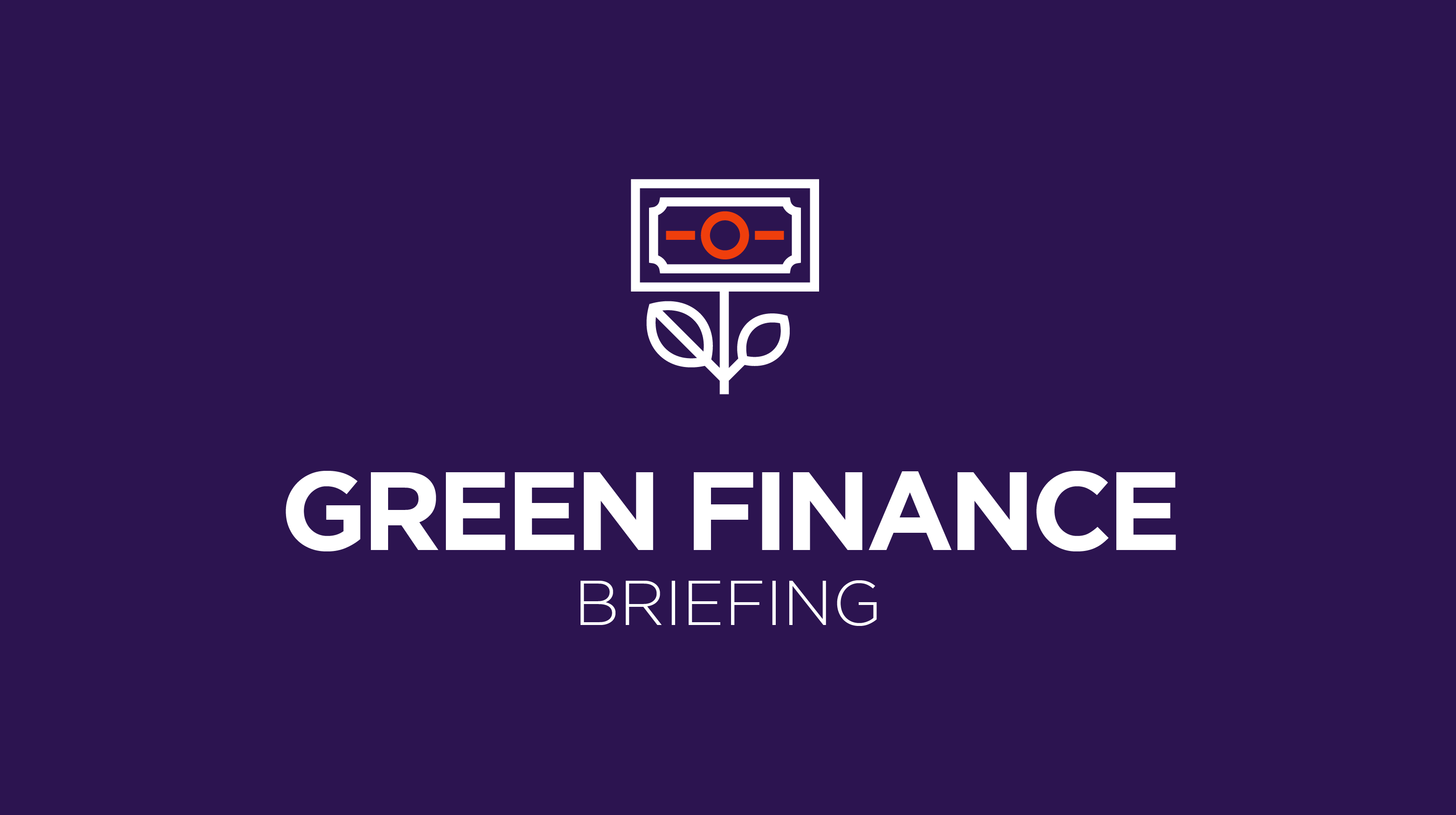Green Finance, Member Exclusive
Green Finance Briefing: What’s a sustainable business strategy in banking?
- Executives need to start thinking of how to create and execute a sustainability strategy as the economy transitions to a carbon-neutral future.
- At Tearsheet's Banking on the Planet conference, speakers outlined how financial companies can start on their sustainability journeys – it's all about education, collaboration and transparency.








